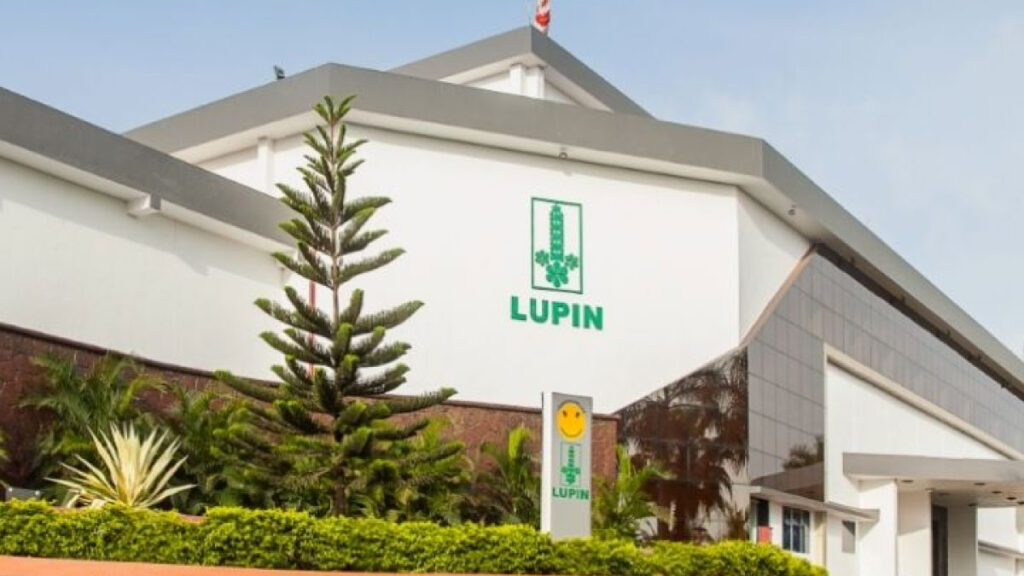Lupin Limited is one of India’s most prominent pharmaceutical companies, with a strong foothold in the global generics market and emerging biosimilars. Established in 1968 by Dr. Desh Bandhu Gupta, the company has grown into a leader in multiple therapeutic areas, with a focus on affordable, high-quality healthcare solutions. Operating in over 100 countries, Lupin has set benchmarks in innovation, manufacturing, and sustainability.
This article provides a comprehensive analysis of Lupin Limited’s business operations, growth strategy, financial health, R&D focus, and its competitive edge in the global pharmaceutical industry.
Company Overview
Founded in Mumbai, Lupin began its journey producing tuberculosis (TB) medications, becoming a global leader in anti-TB therapies. Over the years, the company has diversified its product offerings into generics, biosimilars, specialty medicines, and APIs (Active Pharmaceutical Ingredients).
Key Highlights
- Founder: Dr. Desh Bandhu Gupta
- Global Presence: 100+ countries
- Revenue (FY23): ₹16,000 – 17,000 crore (~USD 2 billion)
- Key Markets: United States, India, Japan, and Europe
Lupin’s success is driven by a blend of R&D innovation, global expansion, and strategic investments in niche healthcare areas like respiratory care, women’s health, and complex generics.
Business Segments
Generic Drugs
Generics are the backbone of Lupin’s revenue, especially in the U.S. market. With over 170 ANDA approvals from the USFDA, Lupin is a leading supplier of generic medicines, particularly in oral solids, injectables, and topicals.
Branded Formulations
In India, Lupin is a dominant player in branded formulations, with strong presence in:
- Cardiovascular
- Diabetes
- Gastrointestinal
- Anti-infectives
Biosimilars and Specialty Drugs
Lupin has invested heavily in biosimilars and complex specialty products, targeting areas like:
- Respiratory therapies (inhalation products)
- Ophthalmology
- Women’s health
APIs (Active Pharmaceutical Ingredients)
Lupin manufactures APIs for internal use and exports, maintaining high quality and compliance standards.
Therapeutic Focus
Lupin addresses critical healthcare needs across several therapeutic areas:
- Anti-Tuberculosis: Global leader in TB medications.
- Cardiovascular & Diabetes: High-growth areas catering to global disease burdens.
- Respiratory Care: Complex inhalation generics.
- CNS (Neurology & Psychiatry): Treatments for neurological disorders.
- Oncology: Focus on affordable cancer therapies.
Global Presence
United States
The U.S. is Lupin’s largest market, contributing around 40-45% of revenues.
- Focus: Generics, biosimilars, and specialty medicines.
- Leadership: Strong pipeline of approved products and first-to-market opportunities.
India
India is a stronghold for branded formulations and OTC medicines. Lupin ranks among the top 5 pharma companies domestically.
Japan and Europe
Lupin is one of the top generic players in Japan and continues to expand in regulated European markets.
Emerging Markets
Lupin is making strategic moves in Latin America, Southeast Asia, and Africa, aiming to provide affordable healthcare solutions in underserved regions.
Key R&D Highlights
- Annual Investment: 9-11% of revenue
- 6 Global R&D Centers and 11 Manufacturing Sites
- Focus Areas:
- Complex Generics (Inhalation, injectables)
- Biosimilars
- Novel Drug Delivery Systems
Lupin’s digital transformation has accelerated innovation through AI-driven drug discovery, predictive analytics, and smart manufacturing.
Financial Performance
Lupin’s financial health remains solid, driven by global generics and innovation:
Key Metrics (FY23)
- Revenue: ₹16,000 – 17,000 crore
- EBITDA Margin: 15-20%
- Key Contributors:
- U.S. Generics
- Indian Branded Formulations
- Emerging Markets
Recent Developments
Biosimilars Expansion: Lupin has accelerated biosimilar launches in regulated and emerging markets.
Digital Health Integration: Leveraging AI for research, operations, and patient engagement.
Strategic Partnerships: Collaborating with global companies for product development and market access.
Challenges and Competitive Landscape
Challenges:
- Pricing Pressures: Generic drug price erosion, especially in the U.S.
- Regulatory Compliance: USFDA inspections and quality control hurdles.
- Global Competition: Increased rivalry in generics and biosimilars.
Key Competitors
- Sun Pharmaceutical Industries
- Dr. Reddy’s Laboratories
- Cipla
- Aurobindo Pharma
Sustainability Initiatives
Lupin emphasizes sustainable operations and healthcare access:
- Green Manufacturing: Energy-efficient processes to reduce emissions.
- Waste and Water Management: Recycling and conservation initiatives.
- Community Health: Corporate Social Responsibility (CSR) programs for tuberculosis awareness and rural healthcare.
Future Outlook
Lupin’s growth strategy focuses on:
- Biosimilars and Specialty Medicines: Expanding high-margin, complex therapies.
- Emerging Markets: Targeting underserved regions to drive revenue growth.
- Digital Innovation: AI and data-driven R&D to enhance operational efficiency.
- Sustainability: Commitment to environmentally responsible manufacturing and healthcare access.
With a robust pipeline of generics, complex formulations, and biosimilars, Lupin is well-positioned to remain a global leader in pharmaceuticals.
Conclusion
Lupin Limited’s journey from a domestic TB medicine manufacturer to a global pharmaceutical powerhouse is a testament to its innovation, quality, and affordability. By investing in R&D, biosimilars, and emerging markets, Lupin continues to shape the future of global healthcare while addressing critical medical needs worldwide.
